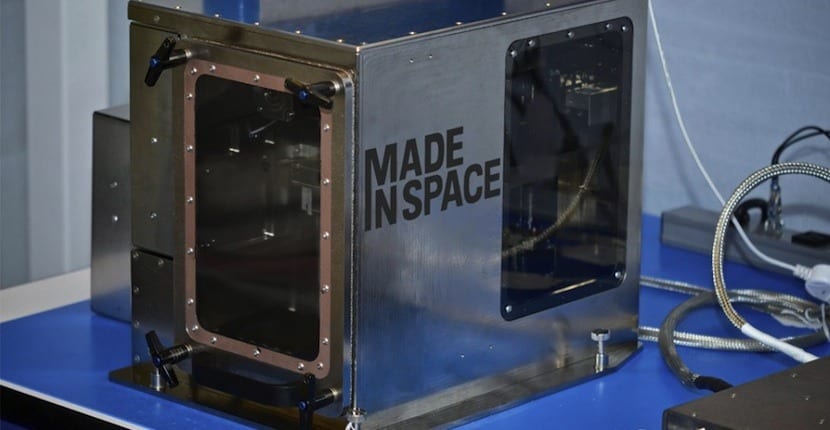
As you well know, the fact of working on the International Space Station requires a lot of tests on the ground since, among other things, for example, they cannot make the slightest mistake of taking something into space that may be flammable or that contains sharp edges. ... Because of this and after knowing that finally they already have their own 3D printer on the ISS I was curious to know what kind of material they were working with.
As published by NASA itself, this 3D printer, designed and manufactured by Made in Space, uses a kind of plastic made from sugar cane ethanol by Braskem, a Brazilian subsidiary of Odebrecht, as well as Made in Space itself. Curiously, despite the fact that all this technology was manufactured a little over a year ago, astronauts have had to wait until March of this year to receive both the printer and the first batch of material with which to manufacture certain parts.
At the International Space Station they use green plastic from Brazil in their 3D printer.
Undoubtedly, thanks to 3D printing, astronauts can now produce from tools to certain parts what guarantees them greater autonomy. The first piece produced in space was a connection of tubes for watering vegetables, which was manufactured last September.
As he commented Gustavo Sergio, Director of Renewable Chemicals at Braskem:
The technology has the potential to impact the plastic chain by enabling new and personal applications from resin made with a raw material from a renewable source. This type of plastic is ideal for these tasks thanks to the fact that it has certain characteristics such as flexibility and chemical resistance and because it is recyclable and from a renewable source, so it does not emit polluting gases.